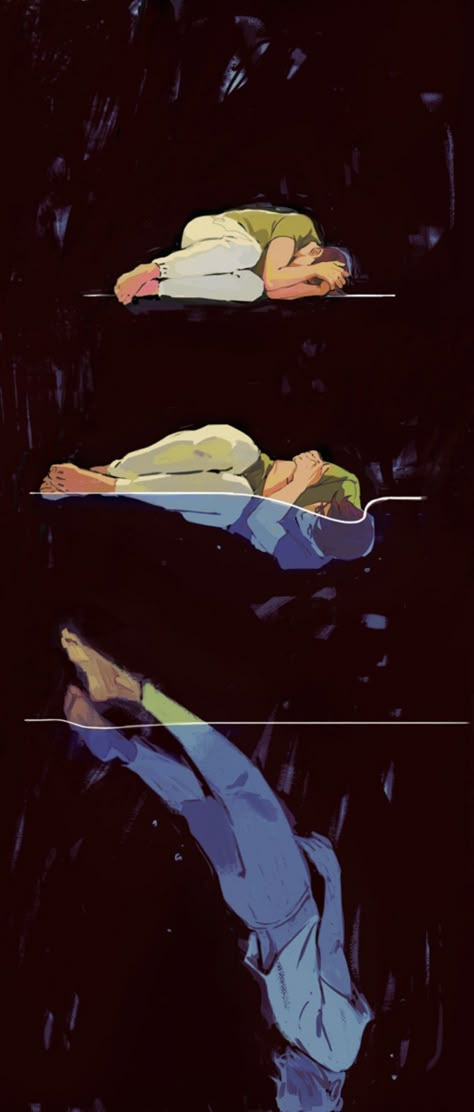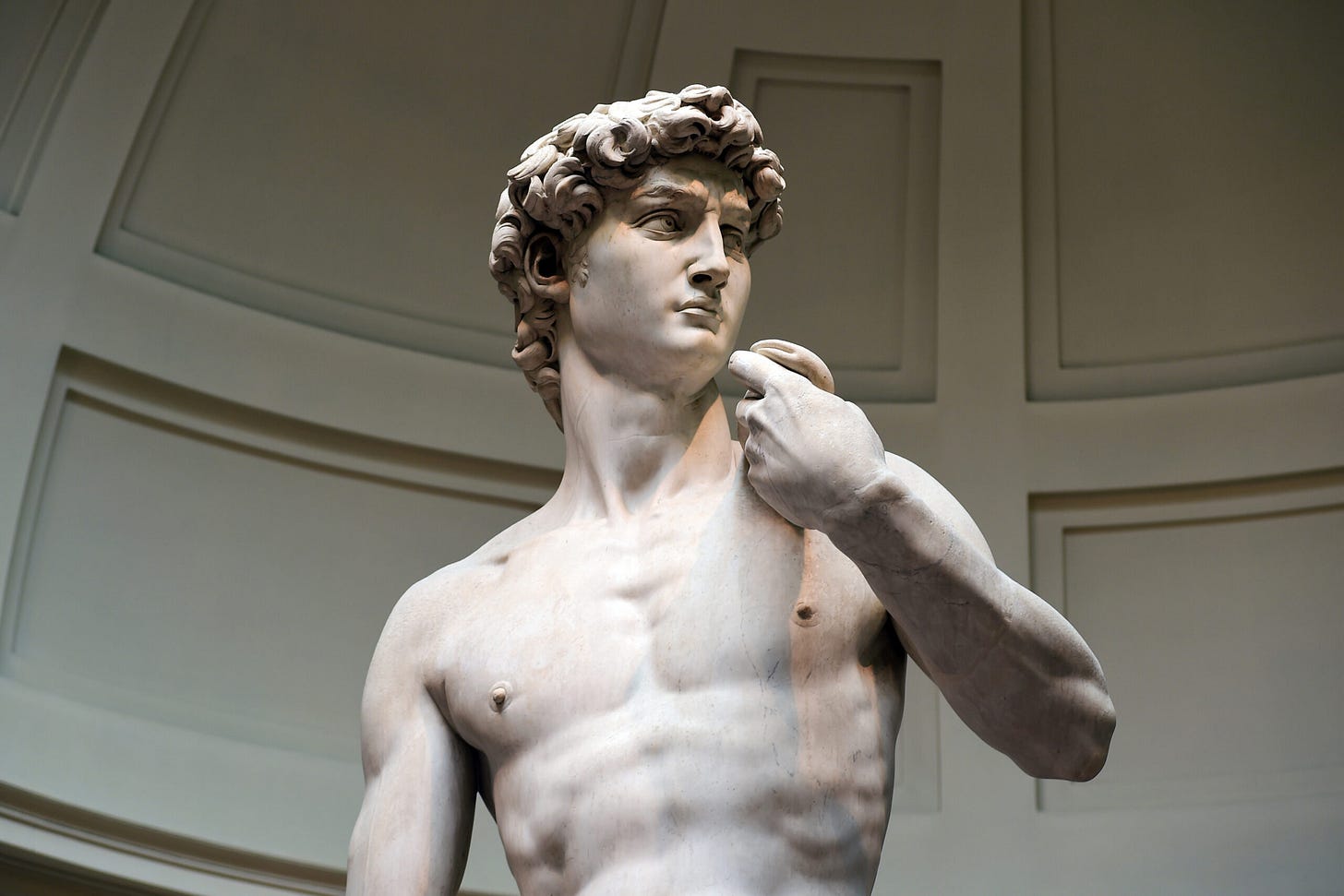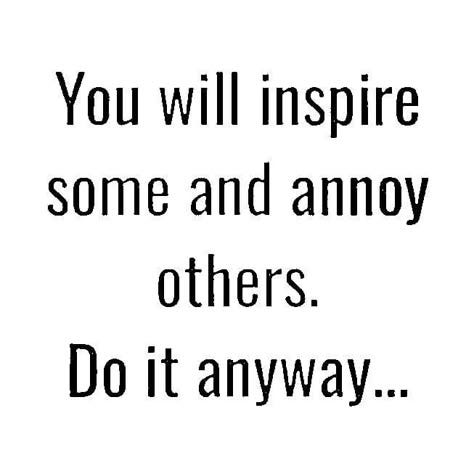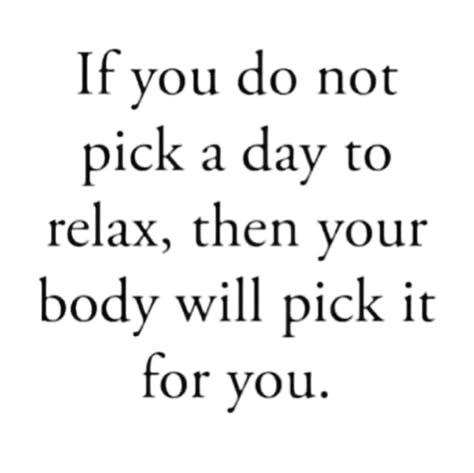In chaos, I found my freedom—not through answers, but by loving the questions that made me whole.
I felt lost and frustrated by everything going on in my life. I couldn’t prioritize, so I was drifting between tasks without getting anything done.
I thought “my purpose” is the key to getting out of this mental battle, so I drew myself into books, tests, therapies.
Constantly asking “what’s my purpose?”. Everything was chaotic in my brain, but outside of that was even worse: Others KNOW their purpose, they are moving seamlessly towards their goals, and leave me behind… like a leaf falling too late in fall and growing even later in spring. I felt like an outcast.
“Must I fear what others fear?
…I alone am drifting, not knowing where I am… I am alone, without a place to go.
Others have more than they need, but I alone have nothing.
I am a fool. Oh yes! I am confused.
Others are clear and bright, but I alone am dim and weak. Others are sharp and clever, but I alone am dull and stupid.
Oh, I drift like the waves of the sea, without direction, like the restless wind.
Everyone else is busy, but I alone am aimless and depressed.
I am different. I am nourished by the great mother."
-Chapter 20 from the "Tao Te Ching" by Laozi
My mistake?
I thought of purpose as a lean answer, or a clear map that will guide me forward.
I compared myself to others, forgetting the fact that we’re a community, an ecosystem that each individual has their own unique thing, and we need to follow that to keep our world in harmony.
A few months ago, I read this quote by Rainer Maria Rilke in “The Sound of a Wild Snail Eating”, and it changed my perspective:
Be patient toward all that is unsolved in your heart and try to love the questions themselves, like locked rooms and like books that are now written in a very foreign tongue.
Do not now seek the answers, which cannot be given you because you would not be able to live them. And the point is, to live everything.
Live the questions now.
Perhaps you will then gradually, without noticing it, live along some distant day into the answer.
Those questions sparked a different way of thinking. “What does it mean to live the questions? To love them? To embrace the unsolved?”
Gradually, I realized that chaos wasn’t my enemy; it was fertile ground for growth.
And instead of waiting for the answers, I began to create.
I stopped consuming so obsessively, I stopped looking for a perfect solution.
I started sharing—the steps I’d taken so far, the questions still lingering, and the lessons I’d learned.
Through creation, I began to feel the breeze of compassion and belonging again. Though my expression isn’t yet complete, the act itself has brought meaning into my life.
“…Stop consuming, start creating…”
“You don’t need another book or fancy course, you only need to DO the thing…”
“"Do you want to take the world and control it?
I don’t think it can be done.
The world is a sacred vessel, it cannot be controlled.
If you tamper with it, you will ruin it.
If you try to grasp it, you will lose it." -Tao Te Ching“Man makes his plans, but fate remains unknown,
No plan of man surpasses what God has shown." -Rumi“Live the questions now…”
From the wisdom of Laozi and Rilke, I found not a path, but a way of being—a way to live the questions and take meaningful steps forward:
Clear your mind,
Align it with your heart,
Clarify the next few steps,
DO it,
Stay persistent, flexible, and grateful.
Clear your mind
Remove the Unnecessary
Re-define your Vision and take Action
When Michelangelo was asked about the creation of his masterpiece, David, he said: “It was simple, I merely removed everything that wasn't David.”
That is to say: greatness often lies not in adding more, but in removing the unnecessary.
How to do this?
Protect your mental space: as Epictetus advised: 'We are not disturbed by things, but by the views we take of them.' Focus on uplifting, enriching content and tune out the noise that no longer serves you, and if you can’t make it the background noise.
Say NO more often:
(a) Check alignment with your priorities: If a request or decision doesn’t align with your long-term goals and core values, confidently say no.
(b) Assess emotional motivations: If you’re saying yes simply to please others or avoid guilt, pause and ask yourself whether this truly holds value for you.
(c) Evaluate the opportunity cost: Remember, every "yes" is a "no" to other opportunities or tasks that might carry greater importance.
(d) Consider the long-term impact: Ask yourself, "Will this decision enhance my peace and satisfaction in the long run, or is it merely fulfilling a short-term need?"
Eliminate the unnecessary and focus on what’s left:
But what is unnecessary? According to psychology, the unnecessary often includes tasks, thoughts, and commitments that don’t align with your intrinsic goals or bring lasting value. Practical steps to identify and eliminate these include:
Time audits: Track how you spend your time for a week and identify activities that feel unproductive or draining.
Cognitive decluttering: Write down recurring negative thoughts or worries and assess which are beyond your control, then consciously let them go.
Prioritize values: Reflect on what truly matters to you. Activities or relationships that clash with your core values often fall into the “unnecessary” category.
By eliminating distractions and focusing on what truly serves your growth and happiness, you can channel your energy more purposefully and cultivate the clarity to thrive.
RE-define your vision by Dan Koe, to get more clarification:
Define your Anti-Vision: Start by identifying what you don’t want in your life—the habits, distractions, and outcomes that steer you away from your goals. Clarity begins with eliminating what holds you back.
Create your Vision: Once you’ve stripped away the unnecessary, focus on what remains—your true priorities, aspirations, and purpose. What do you genuinely want to build, achieve, or embody?
Clarify the path forward: Break your vision into actionable steps. Map out a clear route from where you are to where you want to be.
Build habits that align with your vision: Establish practices that support your goals consistently over time. Start small, but make them meaningful and sustainable.
Design systems to simplify the process: Create structures that make your progress easier and reduce friction—for example, routines, tools, or environments that promote success.
Persist and learn through the journey: Stay committed, adapt as needed, and embrace setbacks as opportunities for growth. The process itself is as valuable as the outcome.
Clarify the next few steps
Clarity isn’t perfection—it’s progress. It’s taking the overwhelming and reducing it to manageable moments. Break down your vision into steps that are actionable, digestible, and meaningful. Here's how:
Pinpoint your immediate focus: Instead of envisioning the final goal, identify what you can realistically achieve today. Ask yourself, What’s the next meaningful action I can take?
Prioritize simplicity: Strip your steps down to their essence. If Michelangelo could sculpt David by removing “everything that wasn’t David,” you can shape your journey by carving away the noise.
Write your intentions daily: A simple act—writing your intentions—creates accountability and reminds you of your purpose.
DO it
Doing isn’t just motion; it’s commitment. It’s stepping beyond fear and resistance and turning intention into action. Accept that the perfect moment may never come—and act anyway.
Start small. Progress is built in increments, not leaps.
Celebrate small steps forward. Recognize that each effort is a brick in your foundation.
Stay persistent, flexible, and grateful
Persistence doesn’t mean rigidity; flexibility is its companion. As Laozi says, “The world is a sacred vessel, it cannot be controlled.” Life may not unfold according to your plan, but it will teach you invaluable lessons if you adapt with grace.
Gratitude transforms every experience into something meaningful. By choosing to be grateful, even in struggle, you honor the journey itself—and the questions that shaped it.
And don’t forget to show yourself compassion—this life may be brief, but the journey is long. You’re here to grow, not to burn out. Take it one step at a time, gently and lovingly.
Everything begins to change when you embrace the questions, the chaos, and the unknown with open arms. The journey isn’t about finding all the answers—it’s about living them, step by step, with patience and faith.
Clear your mind of clutter, align your actions with your heart, and take that next meaningful step forward. Do it boldly, knowing that persistence, adaptability, and gratitude will carry you through. Life is not a problem to solve but a masterpiece to create—one question, one action, and one moment at a time.
What step will you take today to live your questions and carve your masterpiece out of chaos?









🙏🙏 thanks. This helped me a lot.
Life is a masterpiece to create. 💗